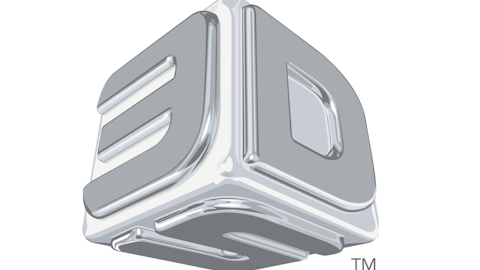The Food and Drug Administration (FDA) is concerned about hackers getting into medical devices. While hacking a pacemaker may be the stuff of fiction today, it could become reality before too long. The cyber war just got a lot more personal.
Information
The big concern about hacking is somewhat nebulous, since most people don’t deal directly with the problem. The FDA’s concern about medical devices, however, quickly makes this a personal issue of a different magnitude. And a hacker doesn’t need to attack a hospital’s computers; he or she can infect a “connected” medical device. That could include implantable devices using wireless communications to transmit and receive information from within a person’s body.
The Tools of the Trade
General Electric Company (NYSE:GE) is one of the world’s key supplier of medical devices like x-ray machines and CT scans. This is a growth business, since the aging of the baby boomer generation isn’t just a U.S. phenomenon. These devices are increasingly digital and increasingly connected, making them increasingly vulnerable to attack. And, all it requires is a repair person attaching an infected thumb drive to the machine.
Hospitals aren’t likely to run out and buy x-ray machines because of this issue, however protection from hackers could quickly become a key product differentiation. General Electric Company (NYSE:GE) works with a broad range of businesses, including those in the nuclear industry. Protecting against hacking isn’t a foreign concept to GE, all it needs to do is transfer existing knowledge to its medical devices unit.
General Electric Company (NYSE:GE) continues to recover from the fallout of the 2007 to 2009 recession. The company’s Achilles heel is still its finance arm, which looms large on the top and bottom lines. However, it is working hard to refocus on its industrial core and appears to be doing a good job. The FDA’s concerns could increase costs in the medical device division in the near term, but could also result in a competitive advantage over the long term.
With the bottom line heading higher again and the share price still well off its highs, there is still time get aboard this recovering giant. The 3.3% dividend yield should entice income investors too.
Getting Some Help
Sourcefire, Inc. (NASDAQ:FIRE) has a unique niche that could make a shift into the medical space interesting. The company makes devices that monitor networks for security threats, including malware. While malware in a network setting has been the traditional focus, Sourcefire’s newest products also detect malware in the mobile space.
Since medical devices are increasingly connecting remotely, this malware focus could be a way to partner up with device makers. For example, Sourcefire technology could be added to an MRI machine so that malware introduced by a technician inserting an infected thumb drive would instantly get stopped. While General Electric Company (NYSE:GE) may have a handle on this type of thing already, smaller device makers may not. Partnering with an expert would quickly solve that problem.
Sourcefire, Inc. (NASDAQ:FIRE)’s first quarter sales were down sequentially from the fourth quarter, which sent the shares lower. Sales were still up year over year, and similar first quarter weakness was seen throughout the industry. Thus, the recent price is an opportunity to invest in a company with solid long-term prospects. And faster top-line growth could come about if it enters the medical device market.
The Big Guns?
The military industrial complex is another place that might benefit. Indeed, if the FDA takes a hard line on this issue, medical device makers might need something stronger than off the shelf protection. That would mean going to companies like Lockheed Martin Corporation (NYSE:LMT).






